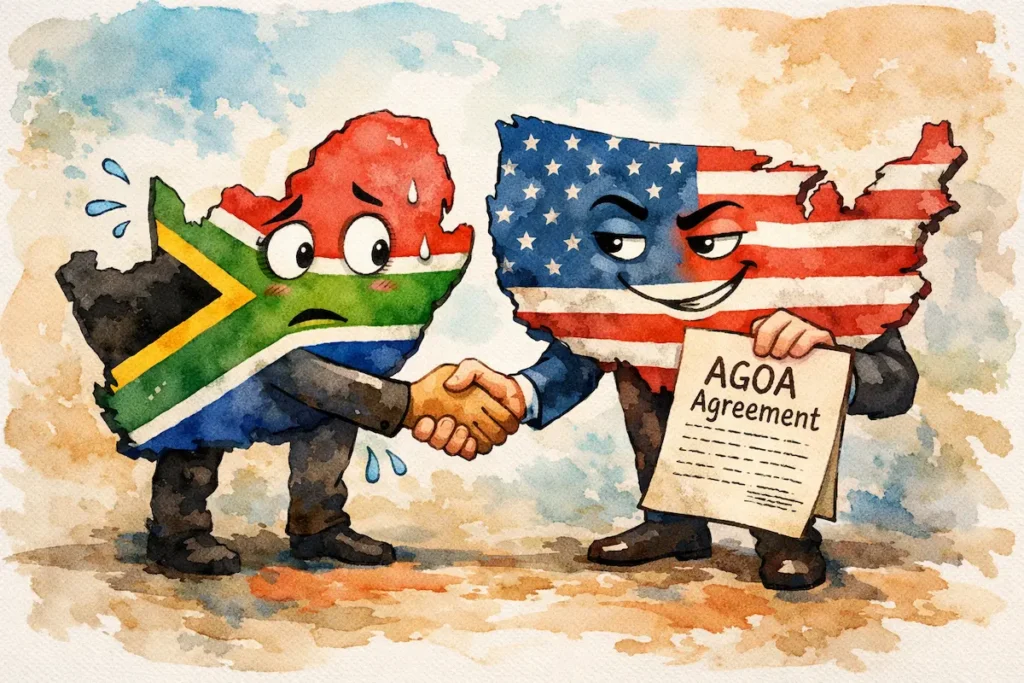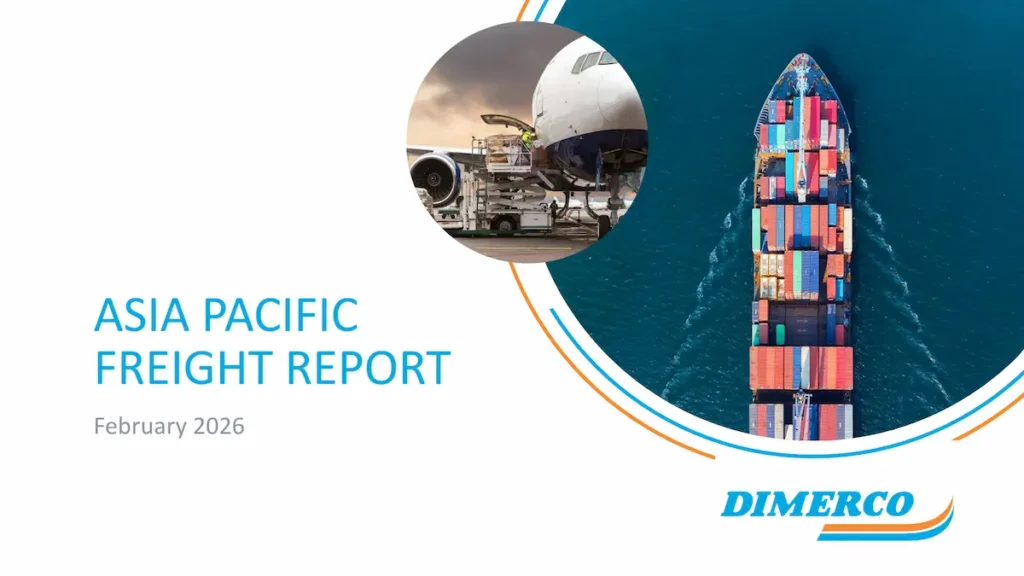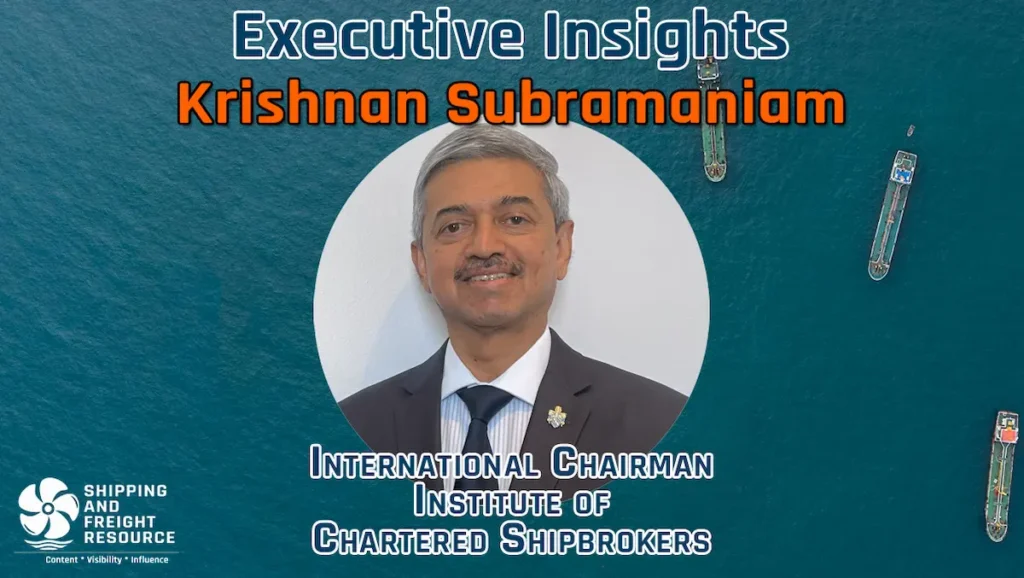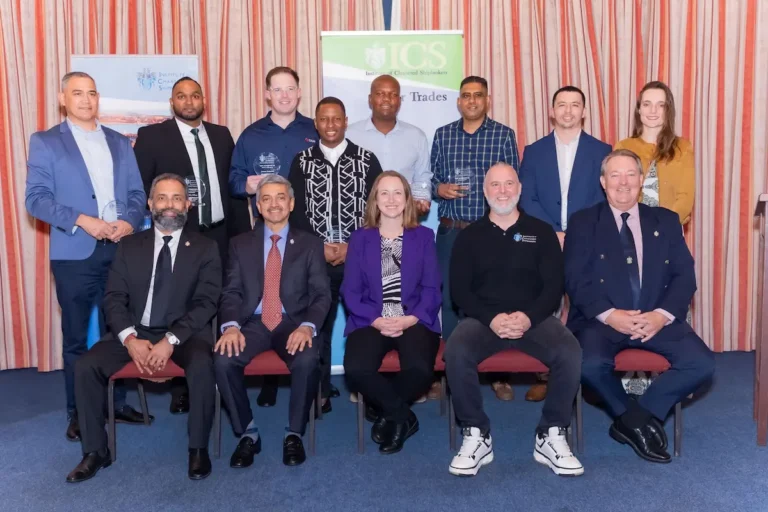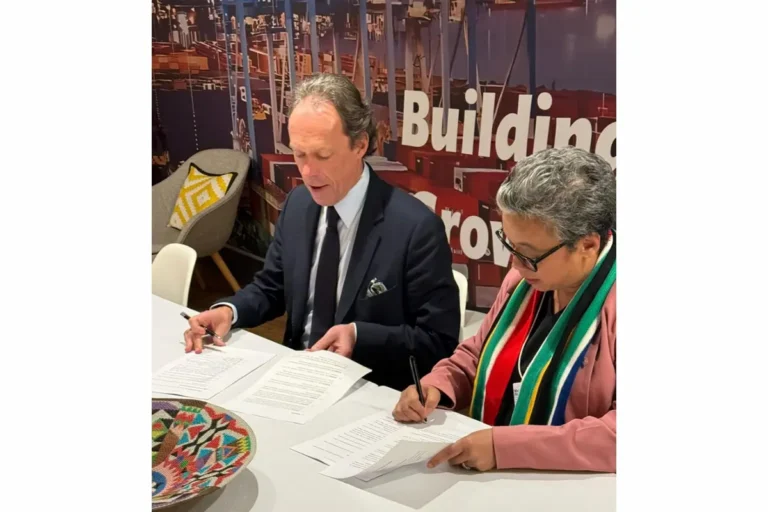A few years ago, a vessel calling at a Gulf port faced a crisis that no one on board could have foreseen.. Soon after arrival, it was detained under a legal dispute linked to a previous voyage..
The owners abandoned the ship, leaving the crew stranded at anchor for months with dwindling supplies, no income, and no clear path home.. In most cases, an agent’s contractual duty would have ended the moment the ship was detained..
But Al Sharif Group Bahrain chose a different path.. Recognising the humanitarian emergency unfolding offshore, the company decided to support the abandoned seafarers..
For more than seven months, Al Sharif Group Bahrain supplied food, water, and fuel to keep the vessel powered, while coordinating with authorities and embassies to secure the crew’s eventual release and repatriation..
This episode revealed a truth often forgotten in global shipping: behind every ship’s schedule and every cargo manifest are human beings who endure long separations, unpredictable conditions, and immense responsibility..
Why crew change matters
Seafarers operate in a world defined by extremes.. Their jobs range from navigation and machinery maintenance to electrical, culinary, and deck operations..
They may face storms, confined spaces, long isolation, heat stress, and limited access to medical help..
When contracts extend beyond their limits, or wages are delayed, fatigue, stress, and mental health risks rise sharply..
Such conditions not only endanger individuals but also impair safe ship operations and push vessels toward violating maritime labour laws.
Timely crew rotation is therefore more than administrative: it’s a safety net for both people and vessels.. Without it, port states may hold ships, face insurance issues, or suffer delays that cascade through supply chains..
Why the GCC region presents unique challenges
In the Gulf region, crew rotation requires careful coordination because every country enforces its own immigration, health, and security rules..
For instance, Bahrain’s Khalifa Bin Salman Port requires advance electronic clearances; in neighboring states, visa classes or medical documentation may differ..
Extreme summer heat and humidity squeeze permissible working windows.. Tight schedules and congested ports can narrow transfers to a few critical hours..
But beyond these operational constraints, ship owners in the Gulf and broader Middle East have faced allegations of crew neglect, nonpayment of wages, and vessel abandonment..
Globally, 2024 was a grim high with an 87 % rise from 2023.. As per Seafarers International Union 3,133 seafarers were abandoned across 312 vessels in 2024, and in 2025, over 2,286 seafarers on 222 vessels were already reported as being abandoned, with around US$13.1 million in unpaid wages..
These numbers are not distant abstractions; they reflect lives stranded, wages withheld, health compromised, and families left uncertain.. For agents operating in the Gulf, the pressure is higher: operational missteps could contribute to a humanitarian failure..
How experienced agencies make the difference
Successfully executing a crew change in such an environment and circumstances requires deep local knowledge, networks, and integrity..
Preparation needs to be done way ahead in advance, which includes verifying crew documents, securing landing permits and visas, coordinating medical checks, and lining up ground transport and accommodation for on-signers..
When the ship arrives, coordination intensifies: launching transfer boats for vessels at anchor, arranging medical support if needed, handling seafarers’ personal effects, and aligning transfer schedules with airport and port timing..
Even small misalignments, like missing a few minutes of airport check-in, can push a transfer from 2 hours to 24..
Experienced organisations like Al Sharif Group Bahrain hold strong partnerships with port, immigration, and airline authorities.. These relationships allow them to respond quickly to changing regulations or emergencies..
The quiet importance of crew change
Although poorly understood outside the maritime world, crew change is a keystone service underpinning trade reliability, safety, and moral accountability..
A seamless rotation helps prevent fatigue-induced mishaps, keeps vessels compliant, and maintains crew well-being.. The humanitarian episode Al Sharif Group Bahrain faced proves that, for some providers, crew care is not an add-on; it is integral to the service promise..
After over 135 years of service, Al Sharif Group Bahrain stands as a bridge between operational excellence and moral agency.. In the Gulf’s demanding maritime environment, their legacy is defined not just by ships served, but by people saved..




